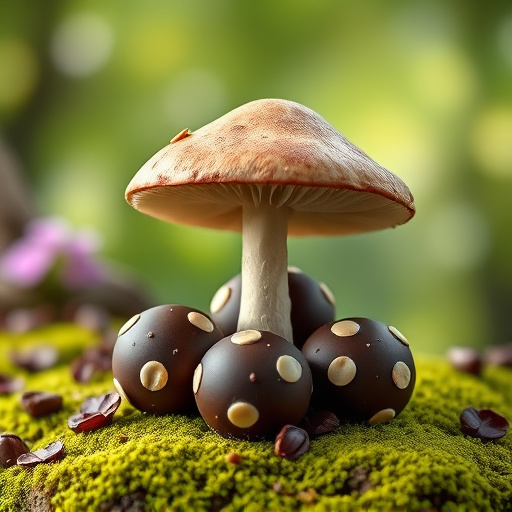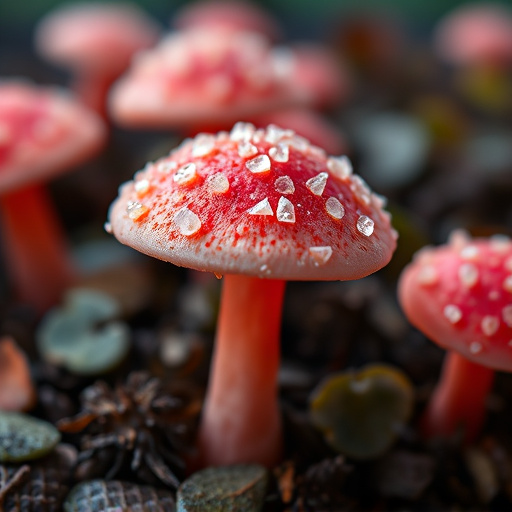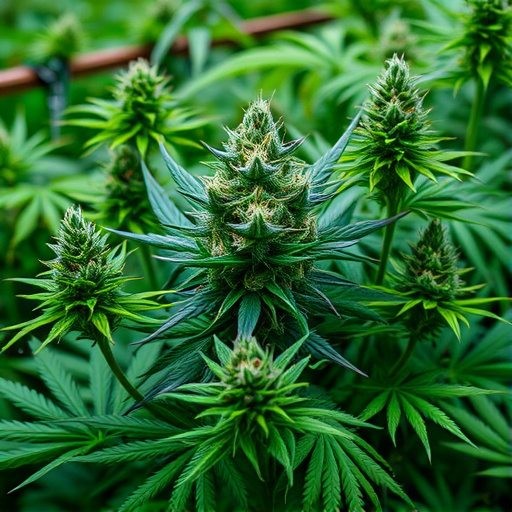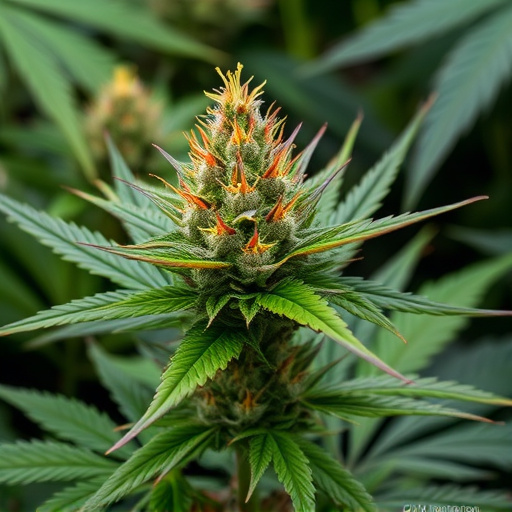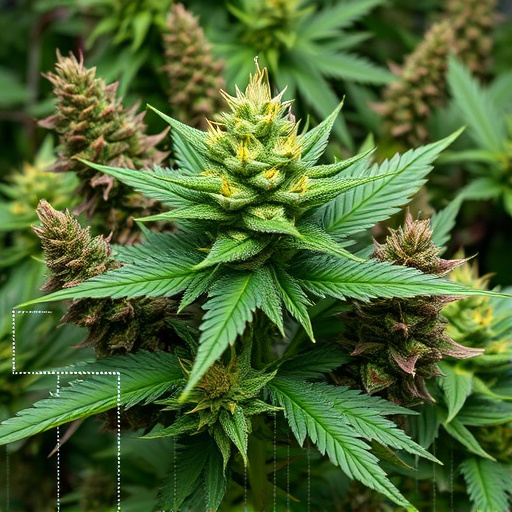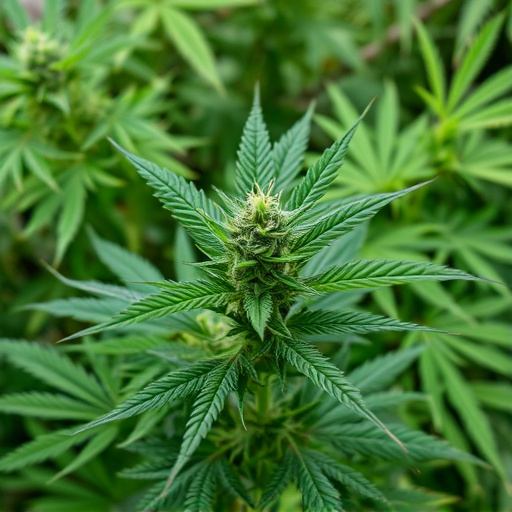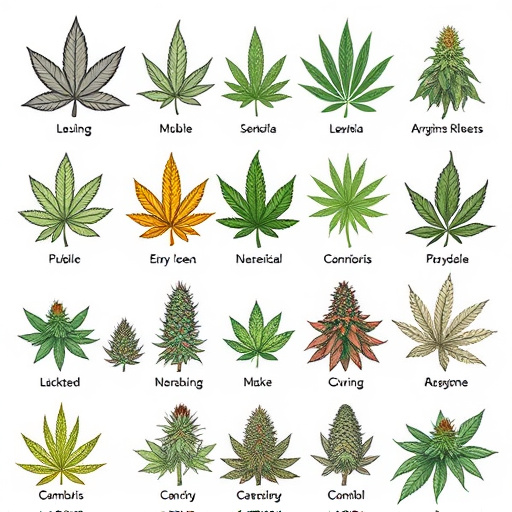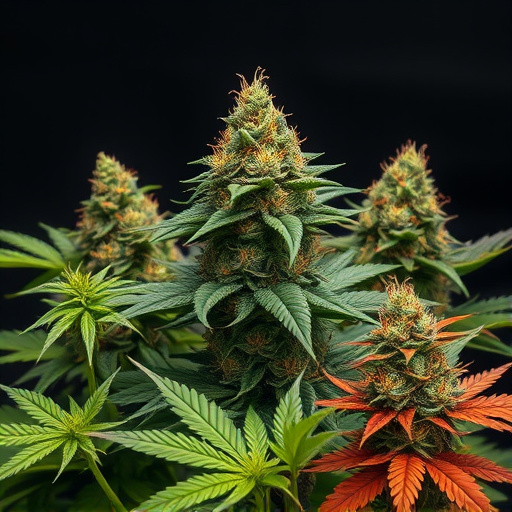Medical cannabis strains are gaining recognition as a natural treatment for sleep disorders like insomnia, leveraging cannabinoids like THC and CBD to interact with the endocannabinoid system. Specific strains with balanced cannabinoid profiles offer calming effects without causing excessive daytime drowsiness, enhancing overall sleep quality and navigation through NREM and REM stages. Consulting a healthcare professional is crucial to determine the most suitable strain based on individual needs, as consumption methods and personal responses vary.
Exploring the impact of cannabis flower on sleep cycles offers a glimpse into potential natural remedies. This article delves into the science behind sleep, examining how cannabis interacts with our bodies to promote rest. We’ll uncover specific medical cannabis strains known for their soothing effects and discuss their effectiveness in treating sleep disorders. While exploring benefits, we’ll also consider crucial factors and potential drawbacks, providing insights for informed decisions regarding these therapeutic plants.
- Understanding Sleep Cycles and Cannabis Effectiveness
- Medical Cannabis Strains for Sleep Disorders
- Potential Benefits and Considerations for Use
Understanding Sleep Cycles and Cannabis Effectiveness
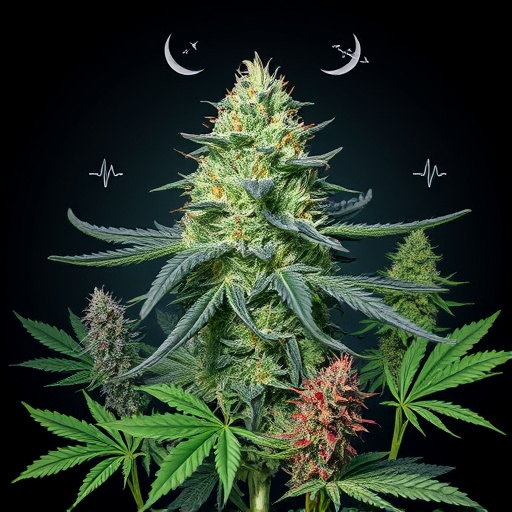
Sleep cycles are a natural rhythm that regulates rest and wakefulness, consisting of several stages essential for physical and mental rejuvenation. These include non-rapid eye movement (NREM) sleep, characterized by deep relaxation, and rapid eye movement (REM) sleep, known for vivid dreams and cognitive processing. Disruptions to these cycles can lead to various sleep disorders.
Medical cannabis strains have gained attention for their potential therapeutic effects on sleep, offering a natural approach to managing insomnia and enhancing overall rest. Different cannabinoids present in cannabis, such as THC and CBD, interact with the body’s endocannabinoid system, which plays a role in regulating sleep-wake cycles. Specific medical cannabis strains are cultivated for their balanced cannabinoid profiles, aiming to provide calming effects without causing excessive drowsiness during the day. Understanding these interactions is key to harnessing the benefits of cannabis for improved sleep quality and efficient navigation through various sleep stages.
Medical Cannabis Strains for Sleep Disorders
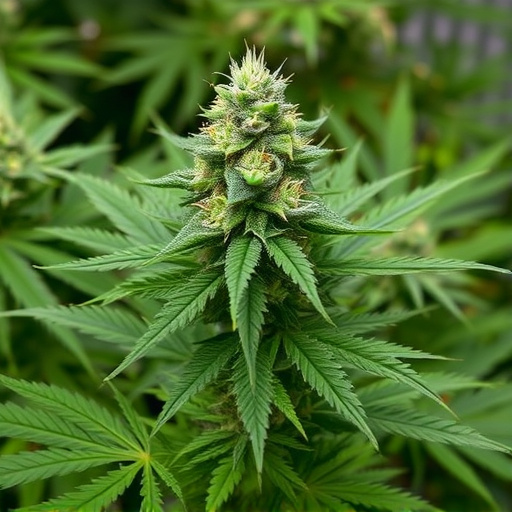
When it comes to addressing sleep disorders, medical cannabis has emerged as a promising alternative therapy. Specific strains, carefully selected for their unique chemical profiles, can offer relief from insomnia and other sleep-related issues. These so-called medical cannabis strains contain varying levels of THC (tetrahydrocannabinol) and CBD (cannabidiol), compounds known for their potential to regulate sleep patterns.
For instance, high CBD strains are often recommended for their calming effects without the psychoactive properties that induce sleepiness. On the other hand, balanced or low THC strains can help with insomnia while minimizing anxiety or paranoia. Strains like Blue Dream, Granddaddy Purple, and Charlotte’s Web are popular choices known for their sedative qualities. Ultimately, the right strain depends on individual needs, and consulting a healthcare professional is crucial to find the most suitable medical cannabis option for sleep disorders.
Potential Benefits and Considerations for Use
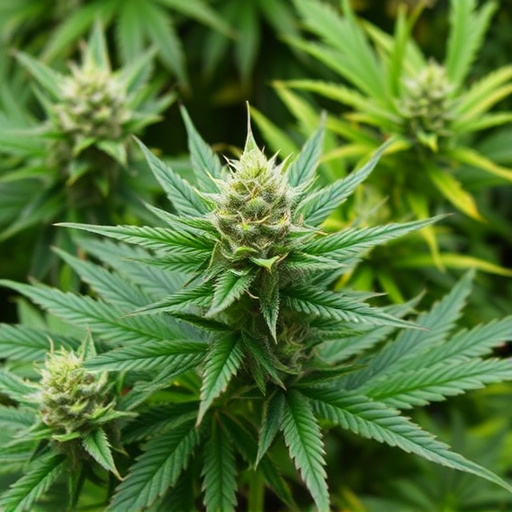
Medical cannabis has gained attention for its potential benefits in improving sleep quality and managing insomnia. Certain strains, known for their high levels of cannabidiol (CBD) or tetrahydrocannabinol (THC), can positively influence sleep cycles. CBD, non-psychoactive compound, is often sought after for its calming effects without the mind-altering properties of THC. These compounds may help regulate sleep-wake cycles and promote relaxation, making them promising options for those struggling with insomnia or chronic sleep disorders.
However, considerations are essential when exploring medical cannabis strains for sleep. Different strains have varying compositions, offering a range of potential outcomes. Individual responses to cannabis can vary greatly, so consulting healthcare professionals is crucial. Additionally, the method of consumption plays a role; inhalation may provide quicker effects while oral consumption offers longer-lasting relief. Balancing the desired effects and potential side effects requires careful selection and personalized dosing.
Cannabis flower’s impact on sleep cycles offers a promising avenue for managing insomnia and other sleep disorders. Medical cannabis strains, with their diverse cannabinoid profiles, can potentially provide relief through various mechanisms. However, it’s crucial to approach this natural remedy with caution and consideration. Further research is needed to fully understand the long-term effects and optimal usage. Until then, individuals exploring medical cannabis for sleep should prioritize high-quality products from reputable sources and consult healthcare professionals for personalized guidance.

